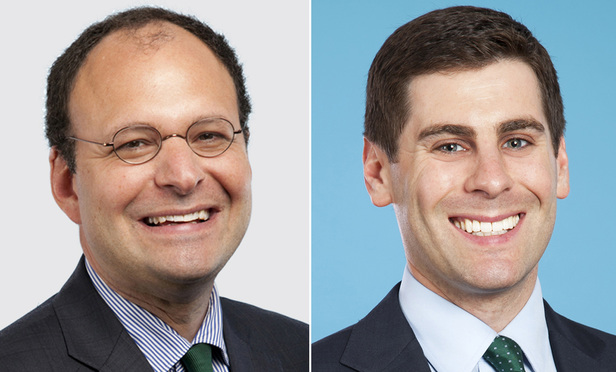In recent years, the Roberts Court has raised the thresholds for class action plaintiffs and other plaintiffs to bring and sustain their claims. In Bell Atlantic Corp. v. Twombly, 550 U.S. 544, 562 (2007), and Ashcroft v. Iqbal, 556 U.S. 662, 678 (2009), the court announced heightened Rule 8 pleading standards, requiring plaintiffs’ claims to rise to a more stringent level of plausibility. In Wal-Mart v. Dukes, 131 S. Ct. 2541, 2551 (2011), the court announced more rigorous standards that made it tougher for plaintiffs to establish commonality and predominance under Rule 23 class certification analysis. And in several recent arbitration cases, the court has sided with defendants and required class action plaintiffs to arbitrate their claims out of court.1 In AT&T Mobility v. Concepcion, the court articulated a concern that underlies many of these decisions—that “[f]aced with even a small chance of a devastating loss” as a result of these high-impact claims, “defendants will be pressured into settling questionable claims.” Concepcion, 563 U.S. at 350.
At the start of this Supreme Court term, the court appeared poised to continue this threshold-raising trend, granting defendants’ petitions for certiorari in three class action cases: Campbell-Ewald Co. v. Gomez, No. 14-857 (whether an unaccepted settlement offer of relief moots the class action); Spokeo, Inc. v. Robins, No. 13-1339 (whether a named plaintiff has Article III standing based only on the violation of a statutorily created right); and Tyson Foods v. Bouaphakeo, No. 14-1146 (whether a class may be maintained where there are uninjured members).
This content has been archived. It is available through our partners, LexisNexis® and Bloomberg Law.
To view this content, please continue to their sites.
Not a Lexis Subscriber?
Subscribe Now
Not a Bloomberg Law Subscriber?
Subscribe Now
LexisNexis® and Bloomberg Law are third party online distributors of the broad collection of current and archived versions of ALM's legal news publications. LexisNexis® and Bloomberg Law customers are able to access and use ALM's content, including content from the National Law Journal, The American Lawyer, Legaltech News, The New York Law Journal, and Corporate Counsel, as well as other sources of legal information.
For questions call 1-877-256-2472 or contact us at [email protected]



